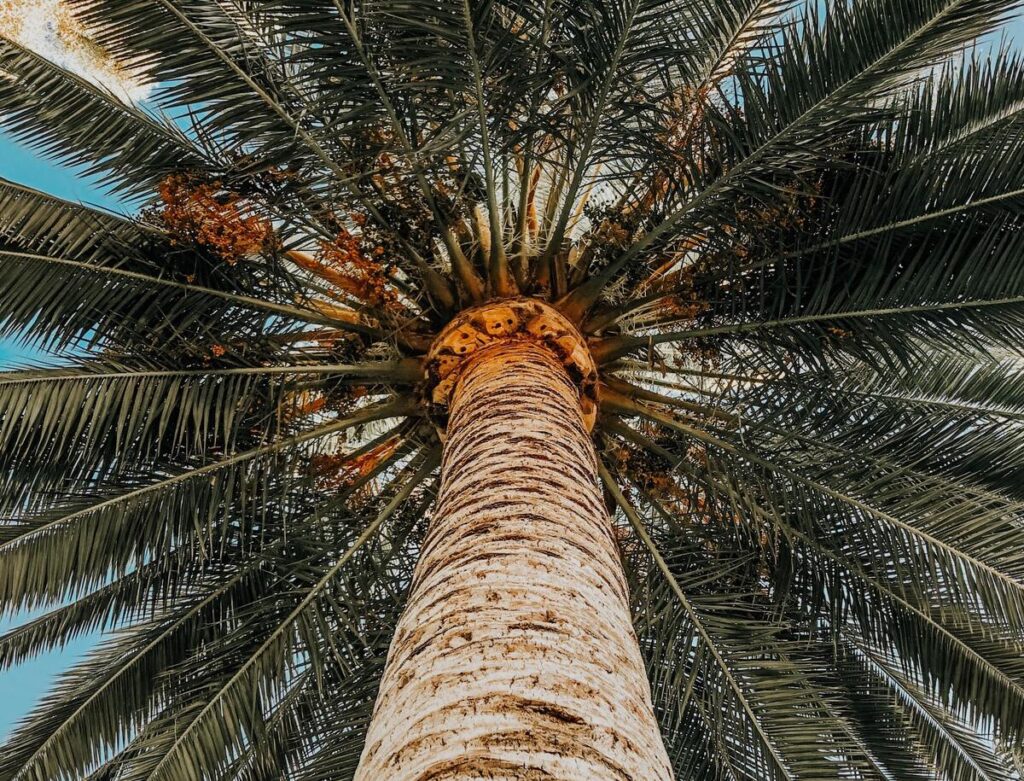The two main producers of palm oil, i.e., Indonesia and Malaysia, have their own authorities to monitor the CSPO. However, Forest Peoples Program (FPP) also compared sustainability standards in 2017 and concluded that while the Roundtable Sustainable Palm Oil has strict requirements, palm oil producers do not comply with them and thus violate human rights. It is now important to cross check the facts. Is a stricter standard simply better or one that can best support socio-economic as well as our environment? It can be concluded that certifications without strong legal limits are the last option to promote sustainability in the palm oil sector. On the other hand, the question arises whether this practice can protect biodiversity and reduce poverty or not. Moreover, a research has shown that certified sustainable areas for Indonesian palm oil have increased tree loss compared to non-certified areas.
Palm oil producers stated that they are moving towards a sustainable palm oil supply chain because the campaigns against them say that they are responsible for the degradation of the rainforest due to excessive deforestation for the extraction of palm oil. Now for palm oil producers from Malaysia, where the cultivation is done or previously agricultural land, this may not be true. From the palm oil producers’ point of view, such campaigns demotivate them to opt for certified sustainable palm oil. The certified sustainable palm oils are slightly more expensive than the ordinary ones. The managing director of Sime Darby oils explained that even the certification does not allow them to bring CSPO to the market because the demand factor is different. However, Malaysian authorities are in the process of investigating the reasons behind these allegations. The director of Sustainable Supply Chain (Musim Mas) said that palm oil is a huge industry, and one bad experience does not challenge the system of the whole industry. To regain their reputation, both Malaysia and Indonesia have introduced green certificates, but NGOs say they are not strict enough.
